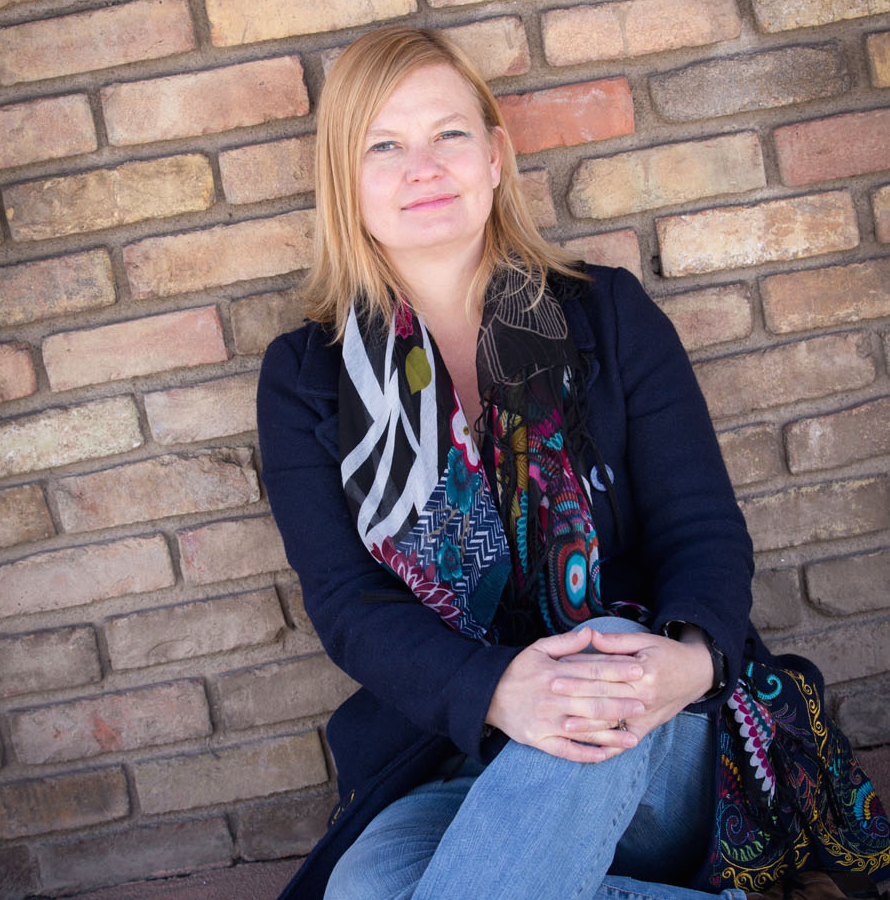By Nicole Walker
Author and associate professor of English
It’s not as complicated as it used to be, finding summer camps for my two kids, Max and Zoe. Zoe’s nine. She’s attended for at least a week, every summer camp in town. We know the ropes, finally. Every year, she does a couple of weeks at the Museum of Northern Arizona Discovery. When we read the listing for the late June session, STEAM camp, instead of the usual “STEM” acronym for all things science, they added an “A” for art, we signed up immediately. Zoe loves science but she loves art too. I love the word “steam.” It performs not only as a verb and a noun, but ‘steam’ is also a product, an entity, a substance, although nearly invisible and almost untouchable, it’s existence is proven by the whistle it sounds from the tea kettle, the temperature of your tea, the lack of water left in the tea pot.
April is National Poetry Month. On my Facebook page, full of poets, I get alerts every day from Poetry Daily, the Academy of American Poets, the Arizona Commission on the Arts, and from my friends who think only we poets know that it’s poetry month. And we were reading poems anyway. We didn’t really need the alerts. I see poetry everywhere. I can’t escape it. You might not have noticed though. Poetry isn’t read that much anymore. If it ever was. April is meant to remind you it is out there, in abundance.
There’s a big push bolstering STEM education. On the way into Flagstaff, we have gained the “STEM city” status, along with our “First International Dark Night City” status. I get it. STEM is where the jobs are. Where the money is. Where the future lies. But poetry isn’t only that square box in the middle of the New Yorker. It is the stuff in that square box. The burrs and the pine cones. The grain of sand. The hairpin. The twisted flag pole. The dying mother, who only asks for butter. A fungus on a tree. A bark beetle. A spore. The stuff of poetry is the base of all the disciplines. Poetry puts it together, heats it up, and sends this stuff skyward. Poetry is the stuff of almost taste and almost touch. It’s the spark and the substance. It’s a mixing up and putting together and a sending out into the world something real and almost touchable with the power to move engines as well as engineers and to move letters around to turn the stalk of a flower into scalding air.
Nicole Walker is an author of numerous books.



